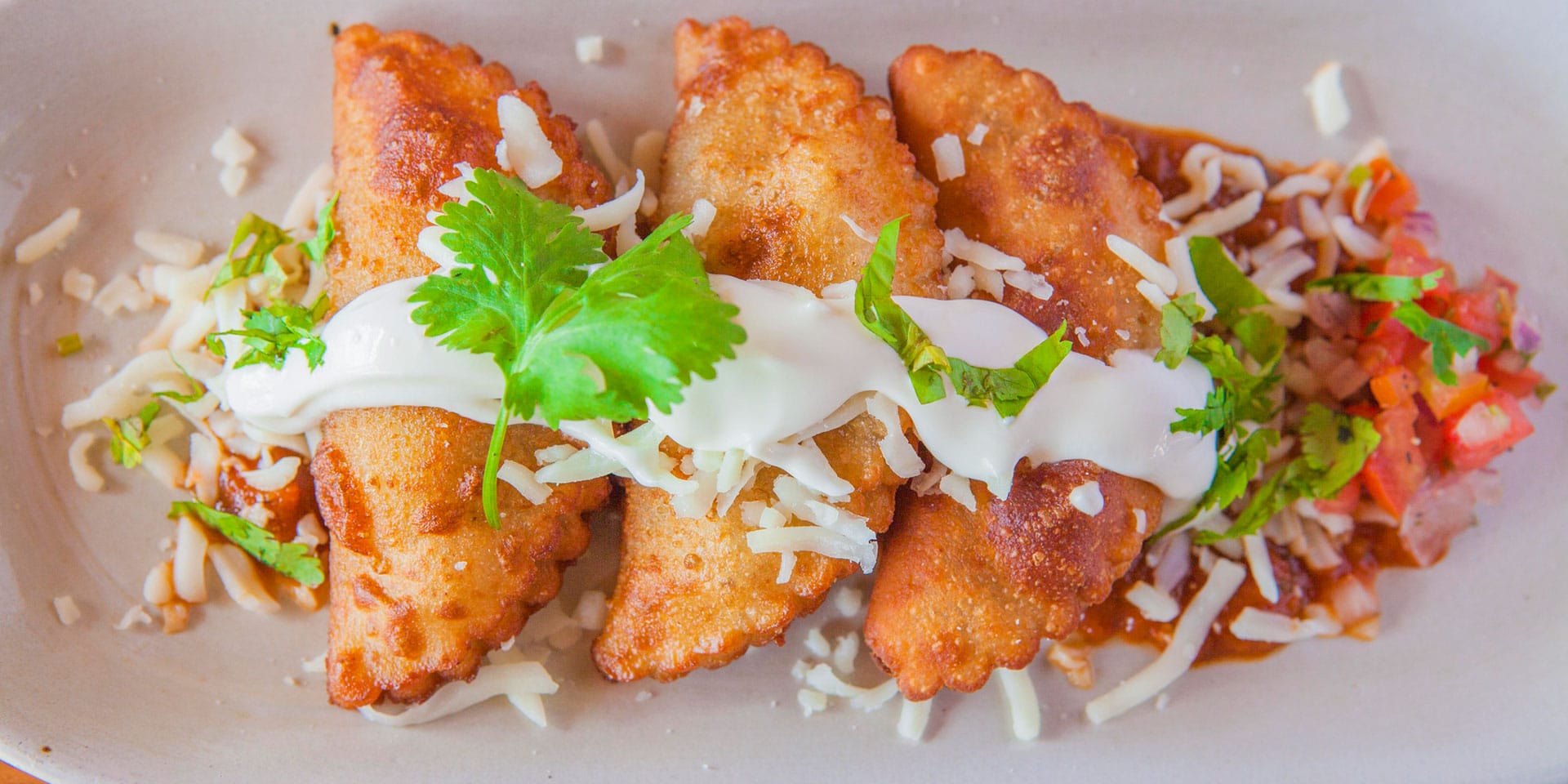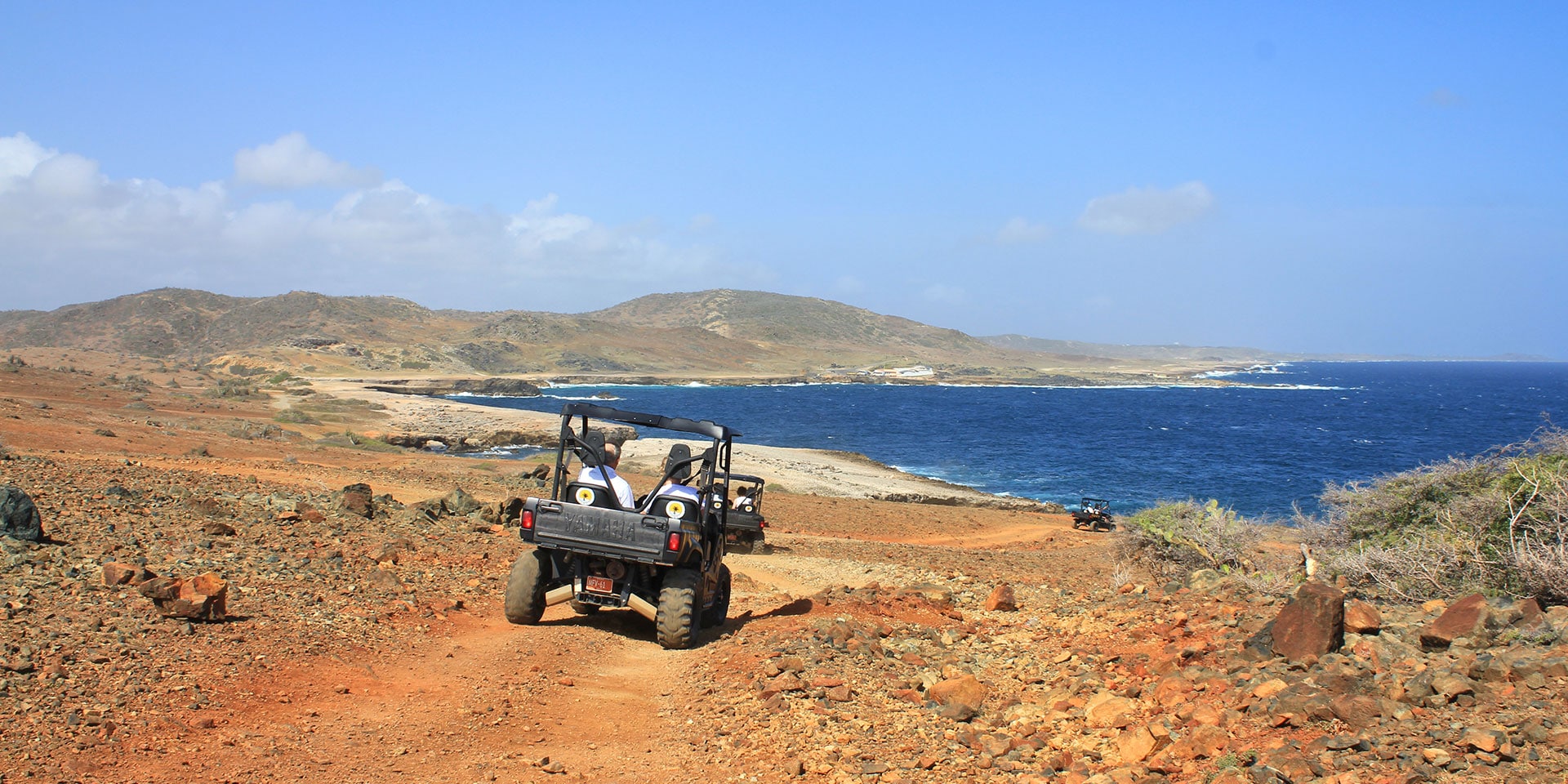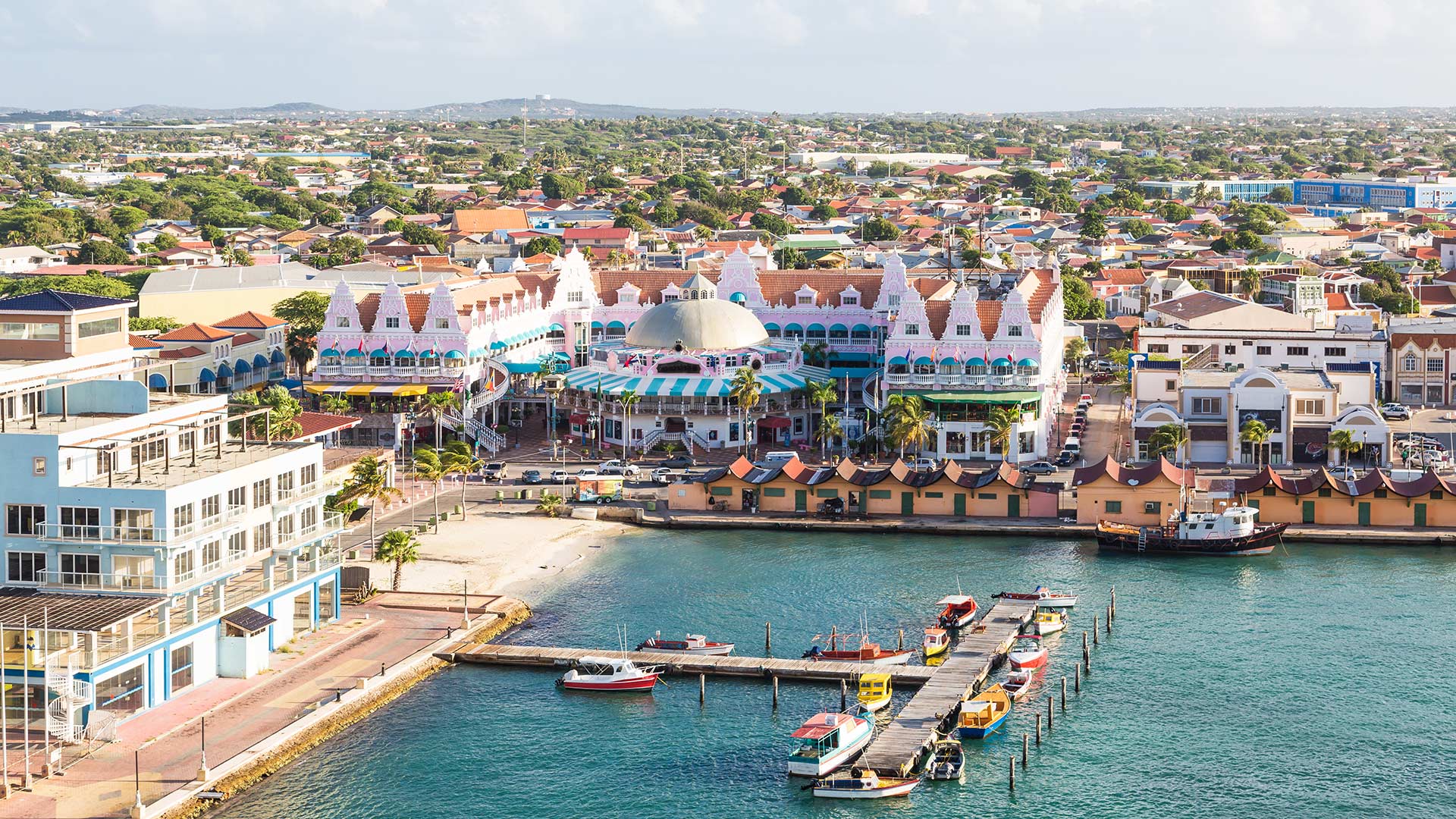With its signature sapphire seas, sugary sand, luxe boutiques and restaurants galore, Aruba is a natural playground for vacationers. Pair off-road adventures with the island’s excellent beaches and watersports for nonstop fun in the sun.
featured stories
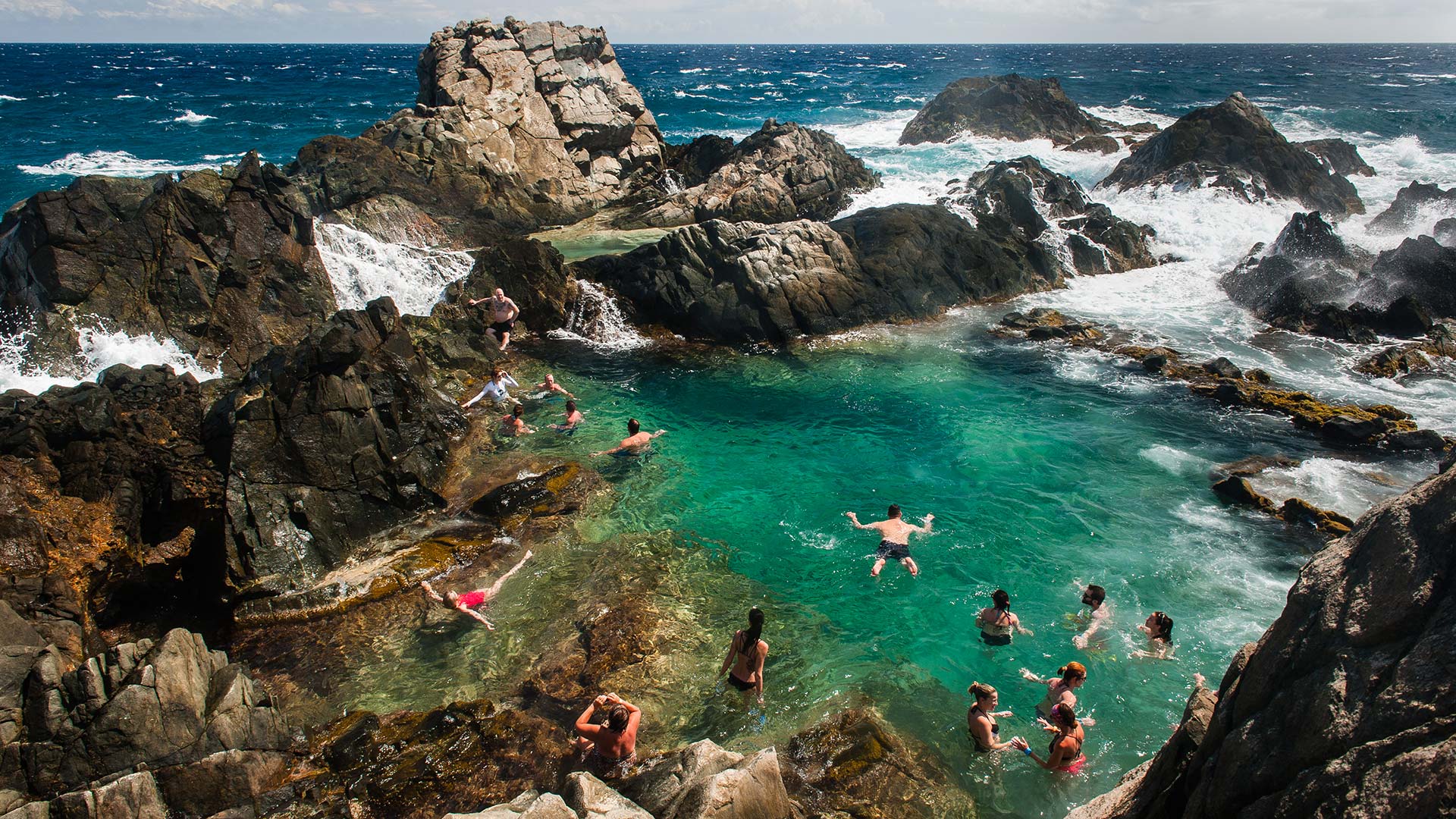
Lounge Seaside or Have an Inland Adventure on an Aruba Weekend Getaway
Though there’s always the option in Aruba to completely check…
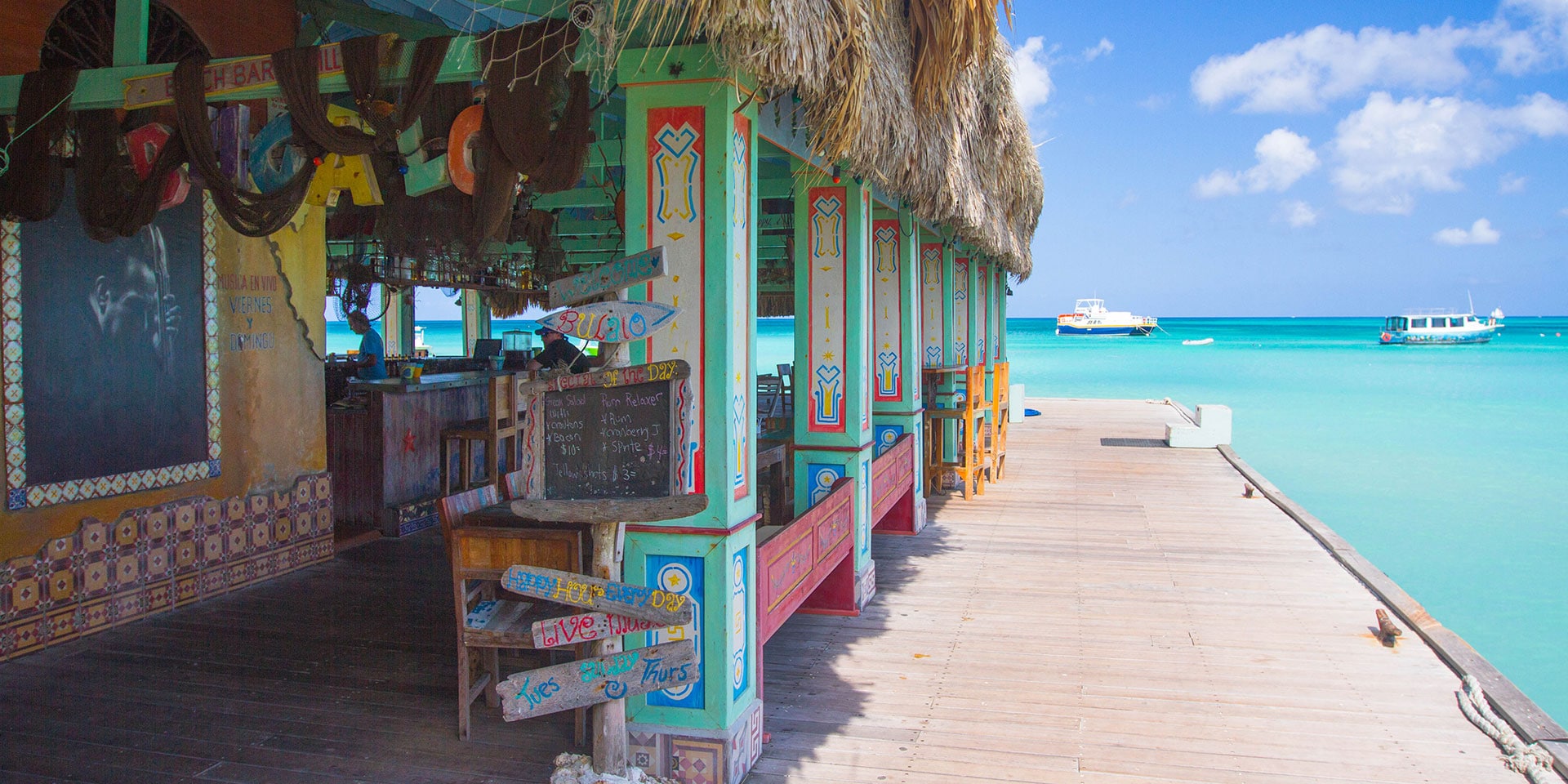
Frozen Drinks, Ice-Cold Beer and Sundowners Galore: These Are Aruba’s 5 Best Bars
Turquoise waters, white sand and unforgettable sunsets: Aruba is known…

Live Like a Pirate, Learn to Surf and More on a Kid-Friendly Aruba Vacation
Traveling to Aruba as a family promises an incomparable experience….
All Stories
did you know?
Approximately 18 percent of Aruba’s land area lies within Arikok National Park. Plan a day away from the beaches to explore here and see the other side of Aruba’s great outdoors.
QUICK GUIDE

WHEN TO GO
Aruba’s weather is generally wonderful, though Dec. – April marks high season, as evidenced by a rise in prices and crowds. If you’re looking for quiet and don’t mind a chance of rain (the island is south of the hurricane belt, and direct hits are rare), prices and crowds drop Sept. – Nov.

NEED TO KNOW
Visas: Americans, Canadians, Australians, New Zealanders, and European Union (EU) nationals can stay up to one month without a visa. U.S. and Canadian citizens need a valid passport (with at least 6 months before it expires) to enter Aruba. EU citizens need a passport and EU Travel Card. A valid passport is required of all other nationalities. Be prepared to show an onward or return ticket or proof of sufficient funds for your stay.
Money: The local currency is the Aruban florin, though the American dollar is also widely accepted. ATMs are widely available and dispense both U.S. dollars and Aruban florins. Prices are often shown in both florins and U.S. dollars.
Travel Health: Check with the Aruba Tourism Authority for the latest health safety information, including travel protocols and requirements like negative COVID-19 tests, quarantines, mask mandates and more in connection with COVID-19. Before traveling, research and prepare for what to do if you get sick while away.

GETTING AROUND
Getting Here: Aruba is served by Queen Beatrix International Airport (AUA), while cruise ships arrive at the Aruba Ports Authority.
Getting Around: Many visitors are content staying at their resort, but to reach further afield on the island, car rentals are convenient and offer freedom to explore. Taxis (with some fares set for fixed distances) are also available, and many resorts offer shuttle services.

LOCAL INTEL
Local Lingo: Aruba’s official languages are Papiamento and Dutch, but most locals also speak English and Spanish. Learn a few phrases in the local language. Bon dia, bon tardi, bon nochi: Good morning, good afternoon, good evening, respectively. Danki: Thank you. Aruba ta bunita: Aruba is beautiful.
Must-Have Apps: Aruba Travel Guide; Aruba Health App
Insider Tips: Eat like an Aruban local and try pastechi. These fried pies, or empanadas, have a wide variety of fillings, such as cheese, ham, chicken and even chop suey and are popular for breakfast and as snacks.





